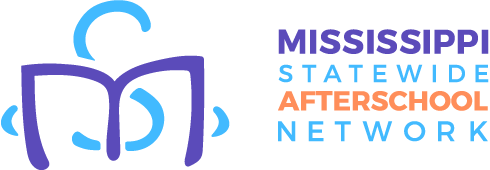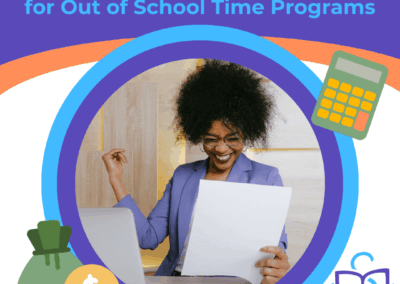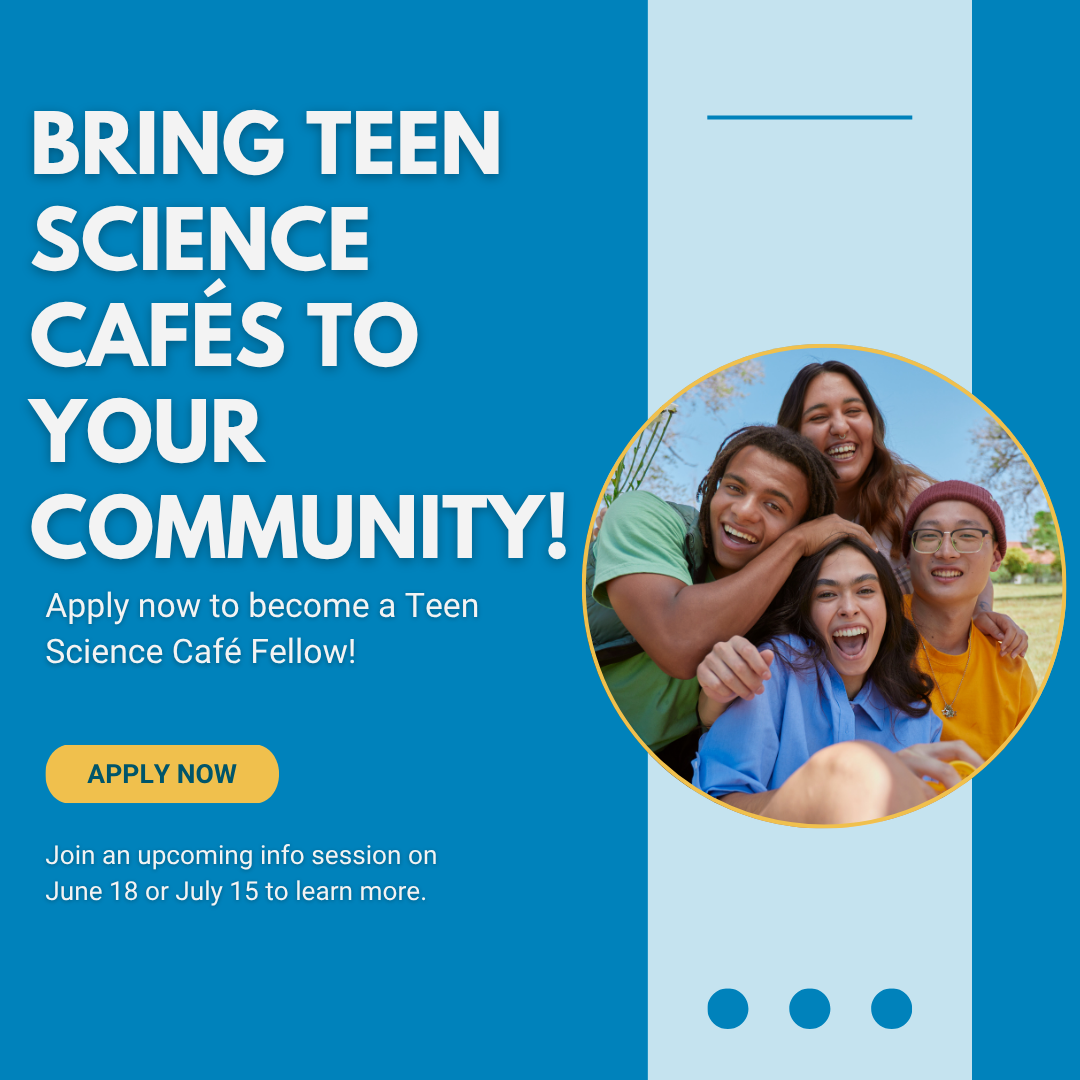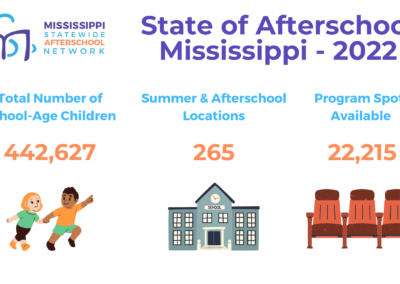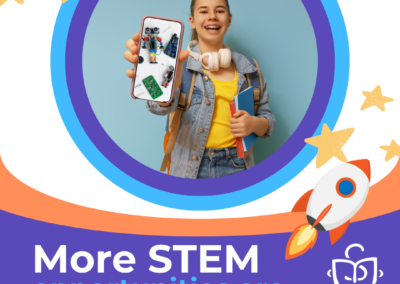Top Activities to Engage Students During Computer Science Education Week
Computer Science Education Week (CSEdWeek) is the perfect opportunity to introduce students to the world of technology and coding. Held from December 4-10, 2024, CSEdWeek promotes hands-on activities that spark curiosity and encourage students to explore the endless possibilities of computer science. Whether you’re an educator, afterschool program leader, or parent, here are some engaging activities to make CSEdWeek a memorable experience for students!
1. Hour of Code
- The Hour of Code offers interactive, beginner-friendly coding activities that only take an hour to complete. Websites like Code.org provide various themed tutorials, from creating games to exploring Minecraft. This activity helps students of all ages and skill levels understand basic coding concepts in a fun way.
2. Digital Storytelling
- Encourage students to tell a story using simple coding programs like Scratch or Storybird. With these tools, they can animate characters, add sound effects, and design a narrative, blending creativity with basic coding skills.
3. Build a Website
- Introduce students to HTML, CSS, and JavaScript by guiding them through building a simple webpage. Free platforms like Glitch and CodePen offer user-friendly environments for web design, allowing students to see their progress in real time.
4. Coding with Robots
- Using programmable robots like Sphero, Dash, or Ozobot can make coding more tangible. Let students control a robot’s movements with code, transforming abstract concepts into a hands-on learning experience that’s fun and memorable.
5. Create a Digital Game
- Students love games, so why not let them design their own? Programs like Roblox Studio, Tynker, or GameMaker provide accessible platforms where students can learn the basics of game development, building a game they can share with friends.
6. Solve a Real-World Problem
- Ask students to think of a local issue they’d like to solve, then brainstorm ways coding might help. They could design an app prototype, create a data visualization, or even develop a social media campaign to raise awareness. This activity fosters creativity and shows how coding can make a difference.
7. Interactive Coding Challenges
- Websites like Kahoot! or Quizizz allow you to create interactive quizzes about computer science basics or coding concepts. These challenges engage students in a fun, competitive format, reinforcing what they’ve learned.
8. 3D Design and Printing
- Introduce students to 3D design software like Tinkercad, where they can create their own 3D models. If a 3D printer is available, students can print their designs, turning digital creations into physical objects!
Computer Science Education Week is a great time to inspire students and open their minds to the possibilities in the tech world. These activities blend creativity, problem-solving, and hands-on learning, making computer science accessible and engaging for everyone.
